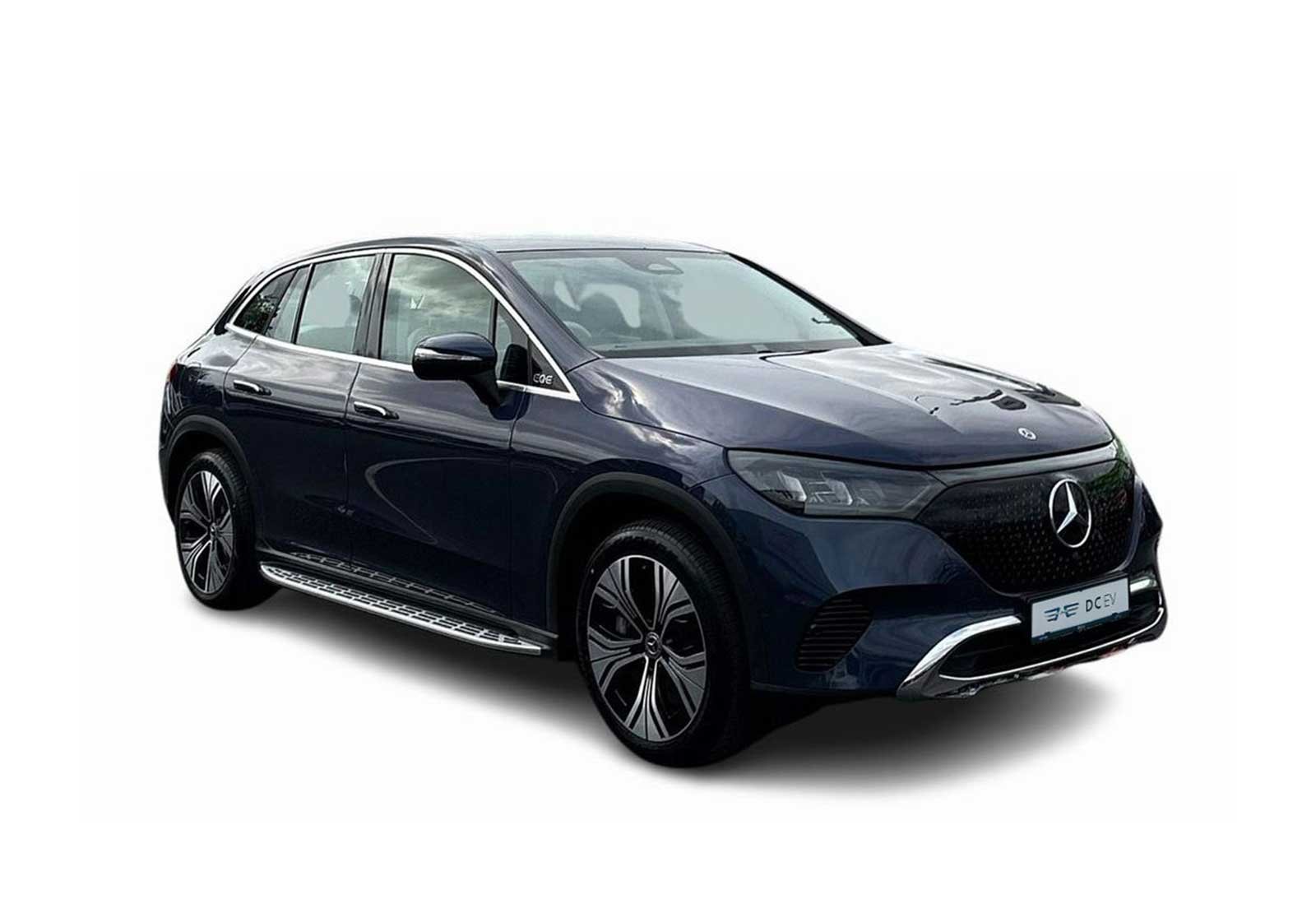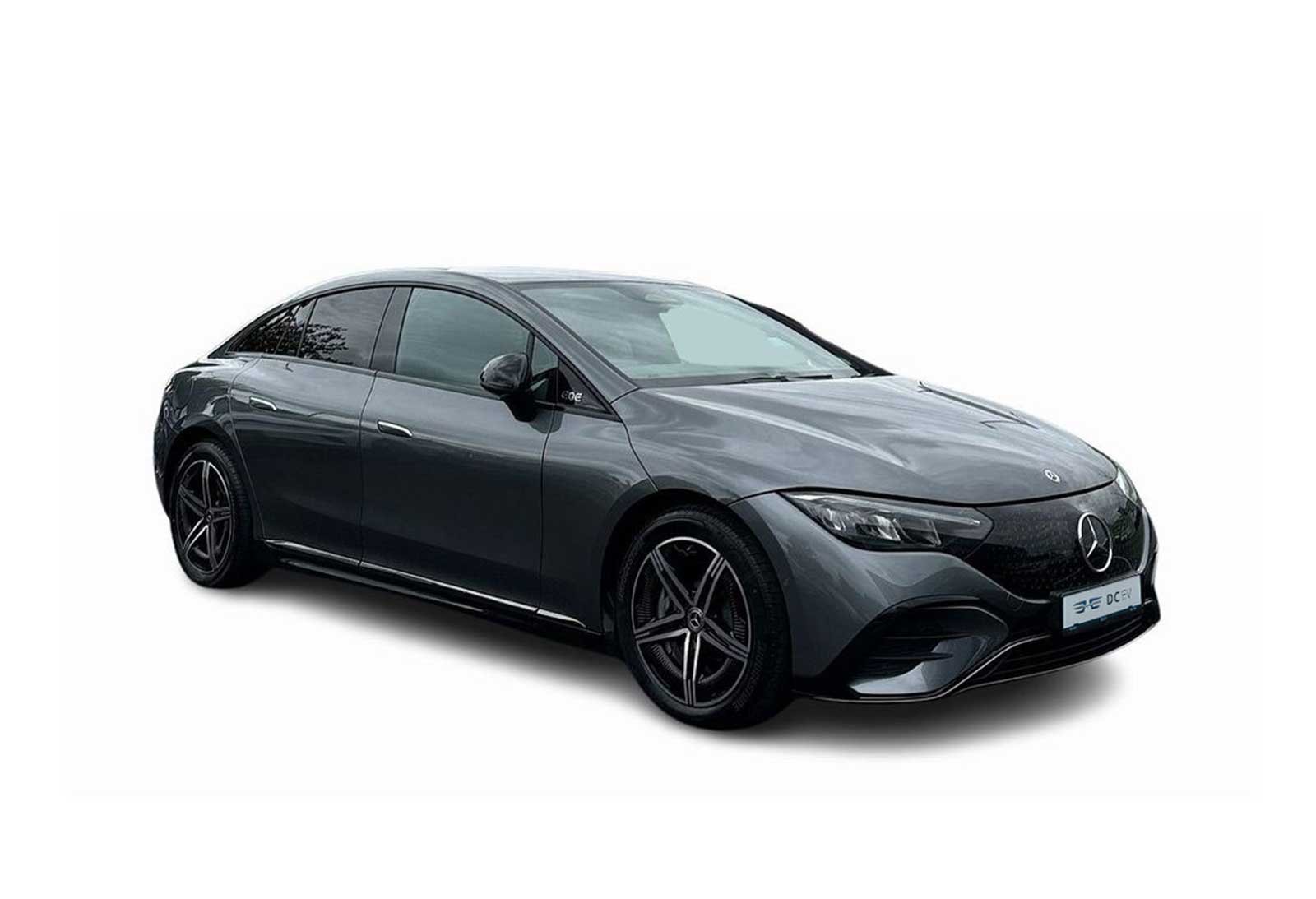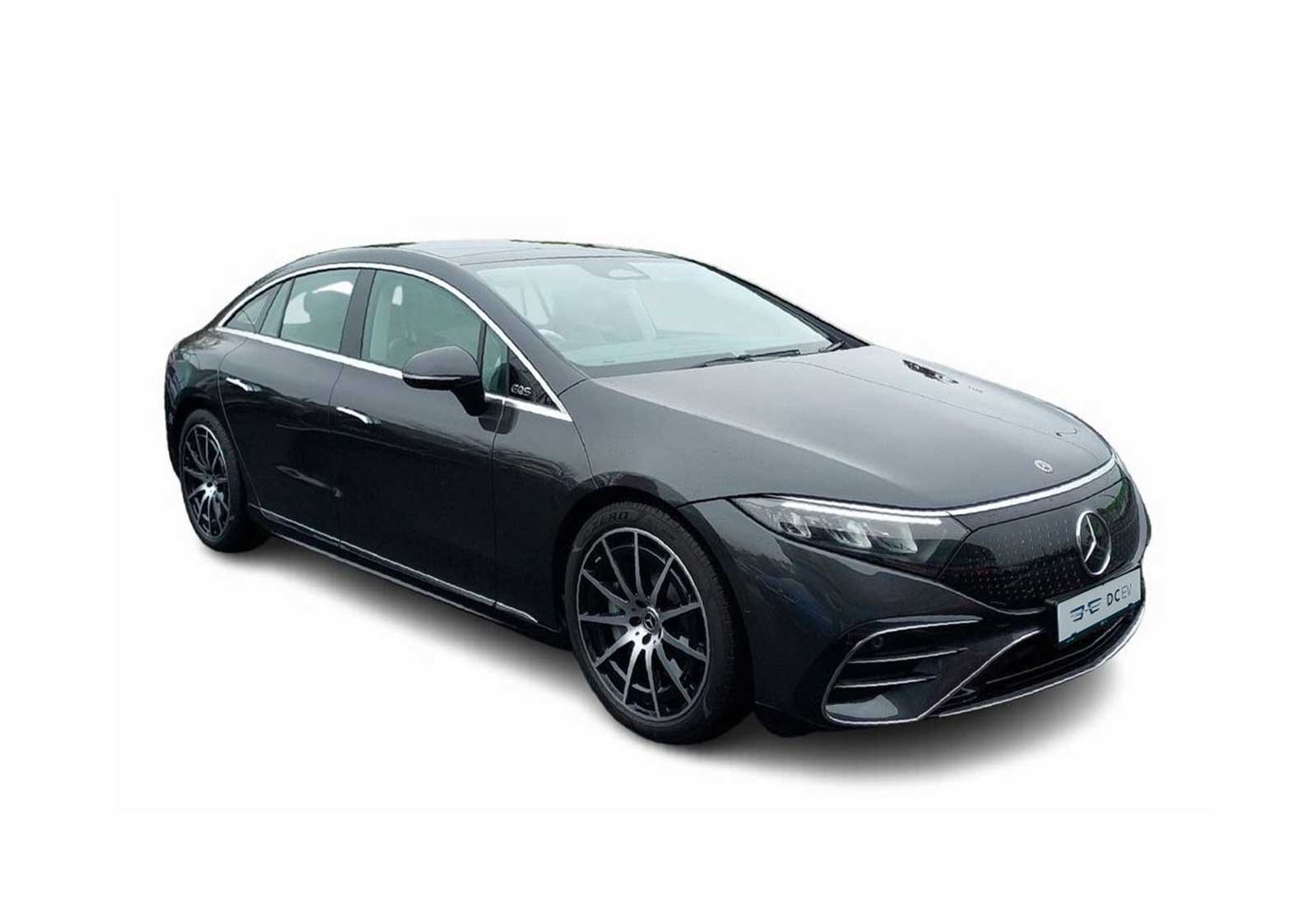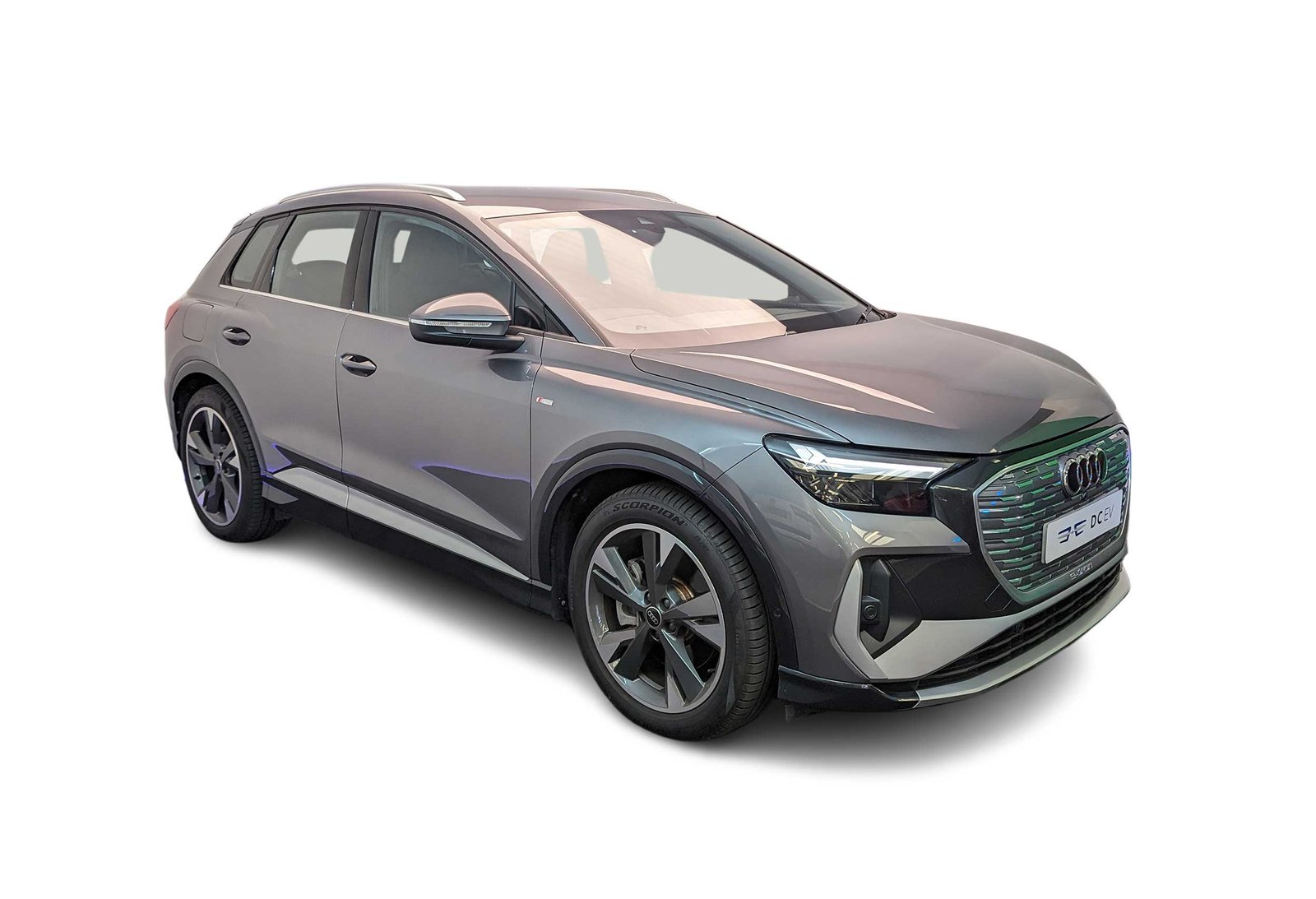EVs get their energy at nightime for maximum value. This is to power up your car while you sleep.
Although you could use your normal 3-pin plug (like a kettle) to charge your car, most EV owners use a EV home charging unit – it’s much faster. Think of it like a power nap!
The basics about EV charging
A 3-pin plug will charge your car at around 2.3 kW (10 km per hour). This means it would take about 17 hours to fully charge a car with a 40kWh battery.
If you plug the same car into a 7kW home charger it would cut charging time by over 11 hours (30-40 kms per hour).
Having your own charger means you don’t have to rely on public charging points – it’s a smart choice money-wise, too.
So, how much is it to install a home charger and which is the best one for you?
Read on to find out everything you need to know.
How to choose the right EV home charger for you
There are a few different things to think about when picking your home electric car charging point.
- Power: You can get 3kW and 7kW chargers, and even 22kW, but 7kW is the most common.
- Cost: According to SEAI, the average is around €800 – but you may be able to get a grant to help you pay.
- Cable: You’ll need to decide if you want a tethered charger (with a cable) or an untethered one (without a cable). Tethered is less fuss, but untethered has the bonus of being able to connect to pretty much any electric car.
- Design: You’ll have to see the charger on your wall every day, after all – so get something you like the look of!
- Other features: There are a ton of cool EV charger features out there – you might want to get a charger that’s compatible with your solar panels, for example.
What do 3kW, 7kW and 22kW mean when talking about car chargers?
A kilowatt (or kW) is 1,000 watts. It’s basically a measure of power. So a 7kW charger has 7 kilowatts of charging power.
We measure the energy of electric car batteries in kilowatt hours (or kWh). One kWh is the same as the amount of energy used if you kept a 1,000 watt appliance running for an hour.
See our Kw to KwH Guide.
To roughly work out how many hours a charger would take to fully top up your car, just divide the energy of the battery in kWh by the speed of the charger in kW.
So, a 60kWh car battery needs 60 kilowatts (or 60,000 watts) of power to fully charge. Which means a 7kW charger could do the job in a little over 8 hours.
What is an EV smart charger?
The smartest choice is to get a smart charger.
These are chargers that are internet-connected, so they can communicate with your car and with the grid. This means they can work out the cheapest, most energy-efficient times to charge your car. So they not only save you money, but help save the planet, too.
See more How smart EV charging works.
Can I get a EV home charging point installed?
You can get a charger installed in your home in Ireland if you:
- Own the property, or you have permission from your landlord
- Have your own off-street parking
- Have a WiFi connection at home
How much does an EV charging cost?
The average cost for getting a home charging unit installed is around €1,200. But there are cheaper options.
That might sound like a lot, but don’t worry: there are government grants to help you cover the cost. More on that below.
Start smart charging with DC EV
Arranging installation of a home charger is easy, and you can do it through us. Make the most out of your electric vehicle with a next generation smart charger – contact us to find out more.
Are there any government grants for EV home chargers?
Yes! The government give up to €300 (as of 2025) towards the costs of installing of a home charger. Find out more here.
What happens on the day of your electric car charging point installation
Hooray – you’ve made the decision to switch to a greener way of charging, your installation day has arrived! What now?
Here’s what to expect.
- The engineers will let you know what time you need to be at home to meet them.
- Based on the photos they’ve already seen, they’ll know where it needs to go. They’ll set about positioning the charger in that spot
- Then they’ll turn off the power supply (for safety).
- The next step is to finish installing the charger and connect it to your main electricity supply.
- They’ll turn the power back on and test it, to make sure it’s fully safe.
- At this point, if you’re getting a smart charger, you should give them the WiFi password so they can connect it to the internet.
- Finally, they’ll show you how to use it!
How long will it take to install the charger?
All in all, it’s usually about 2-3 hours on average. More complicated installations will take a bit longer.
If there are any major hiccups, you’ll be able to reschedule the installation for a day that’s convenient for everyone.







